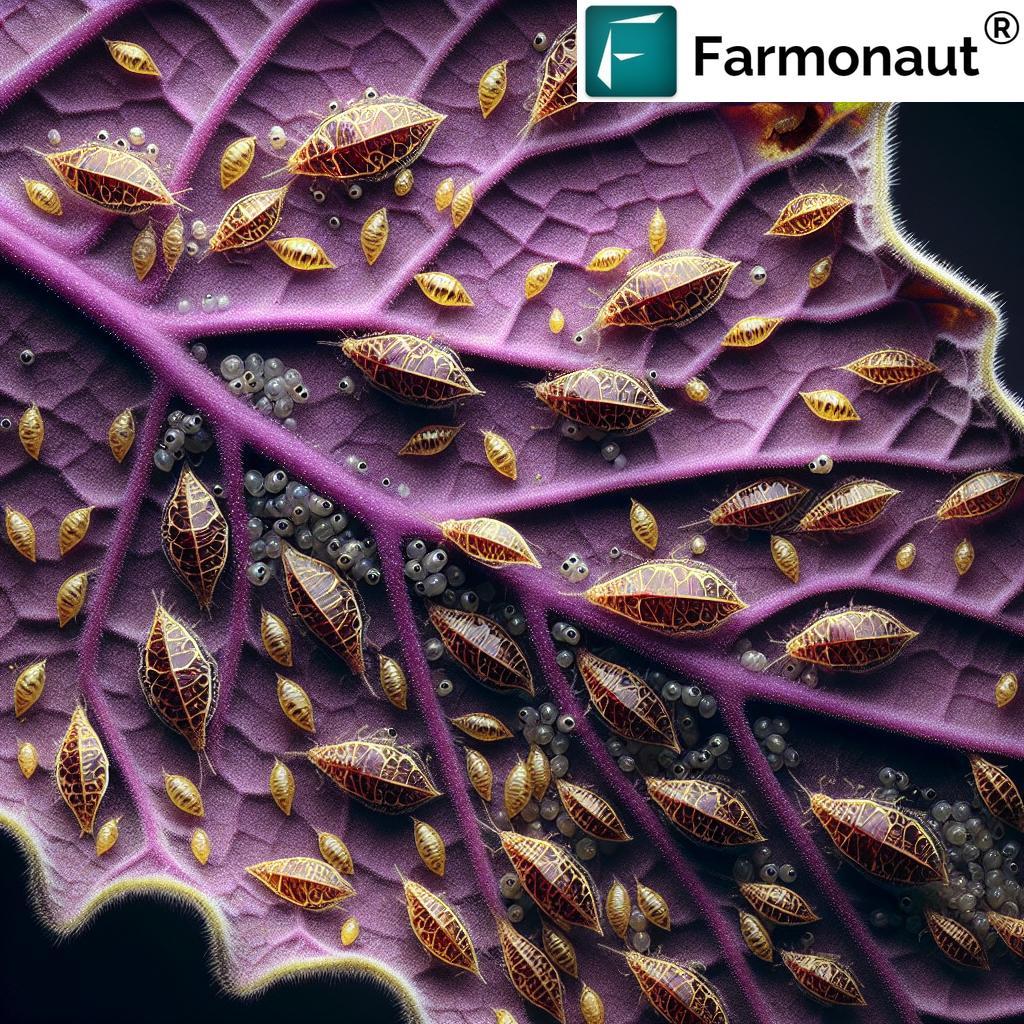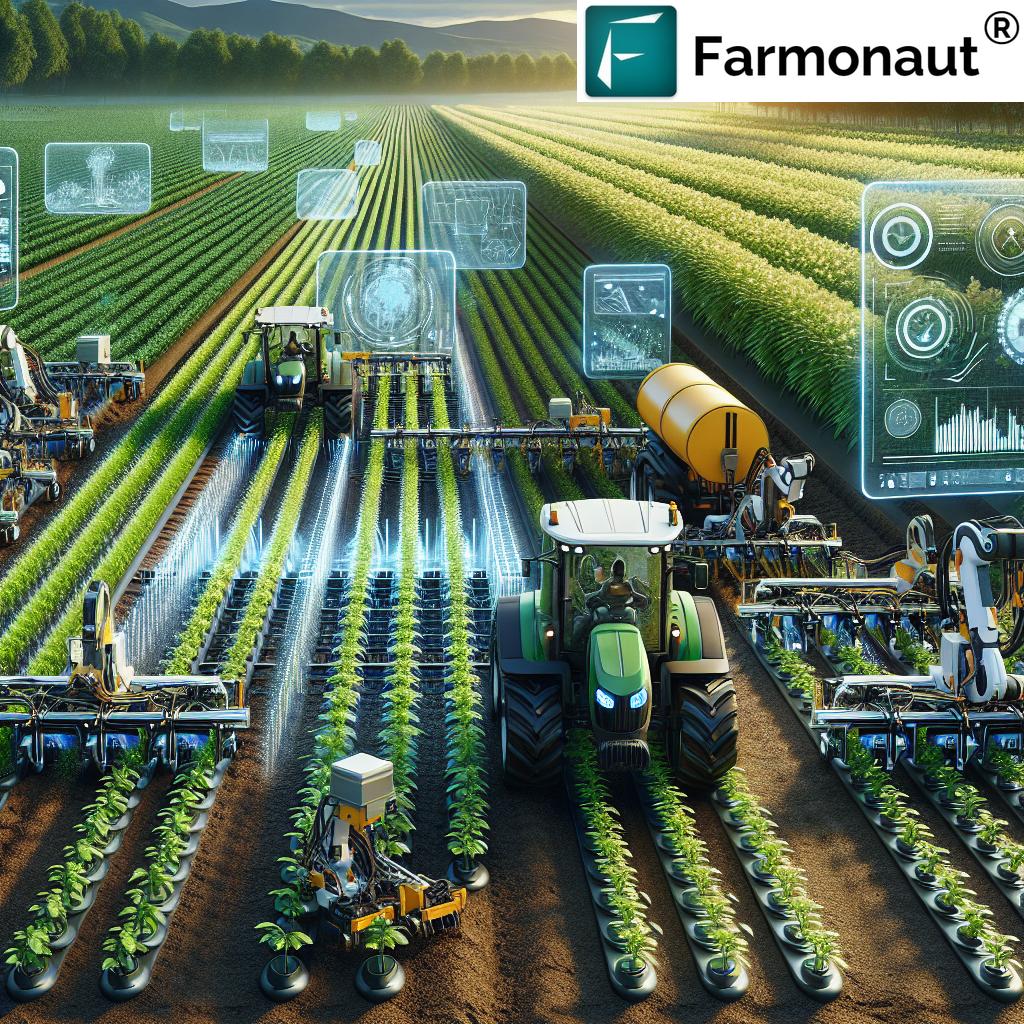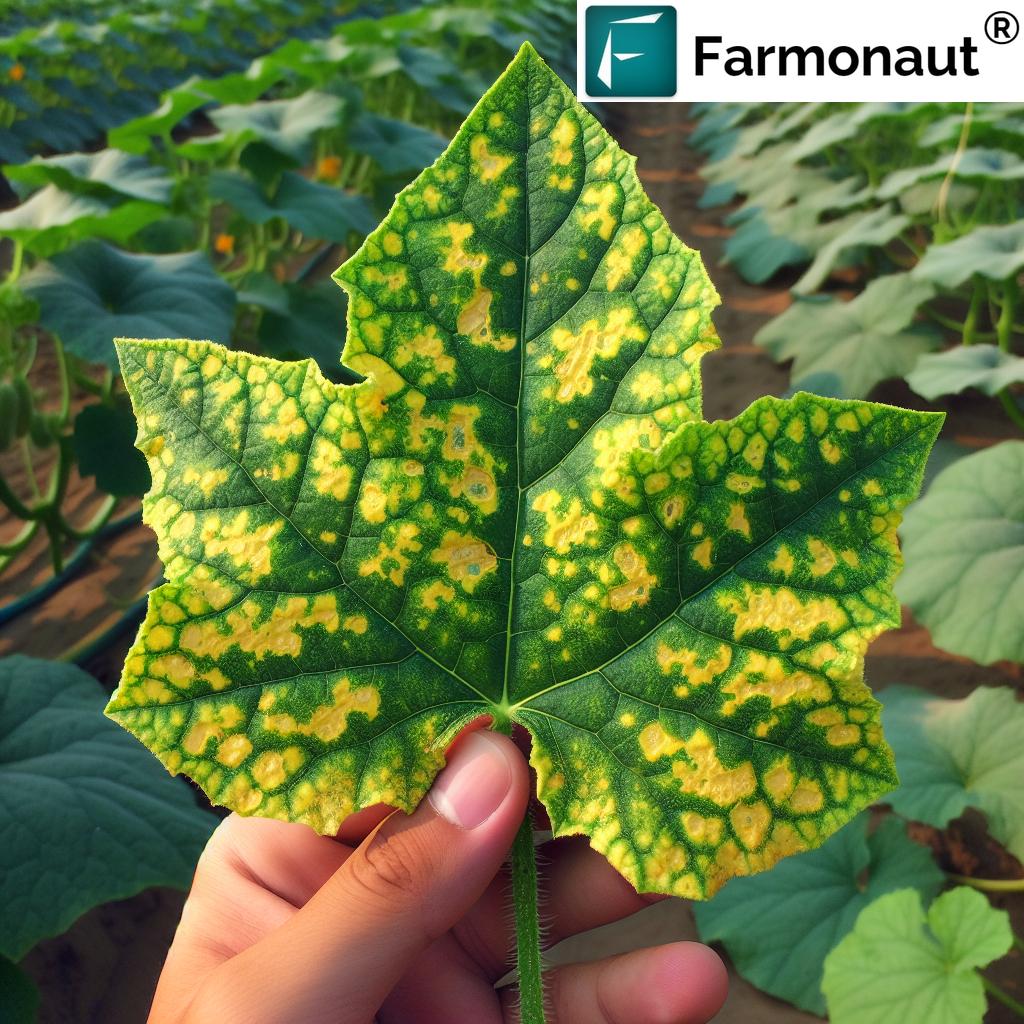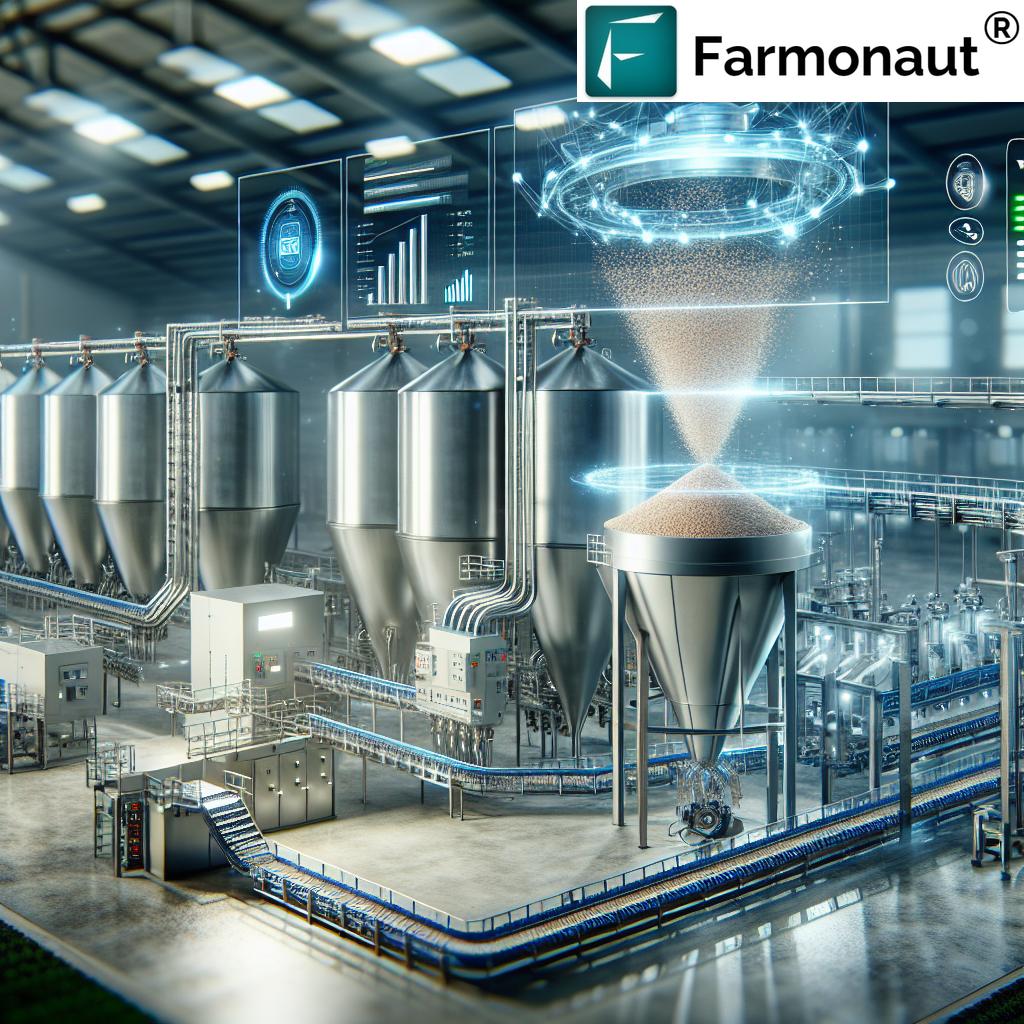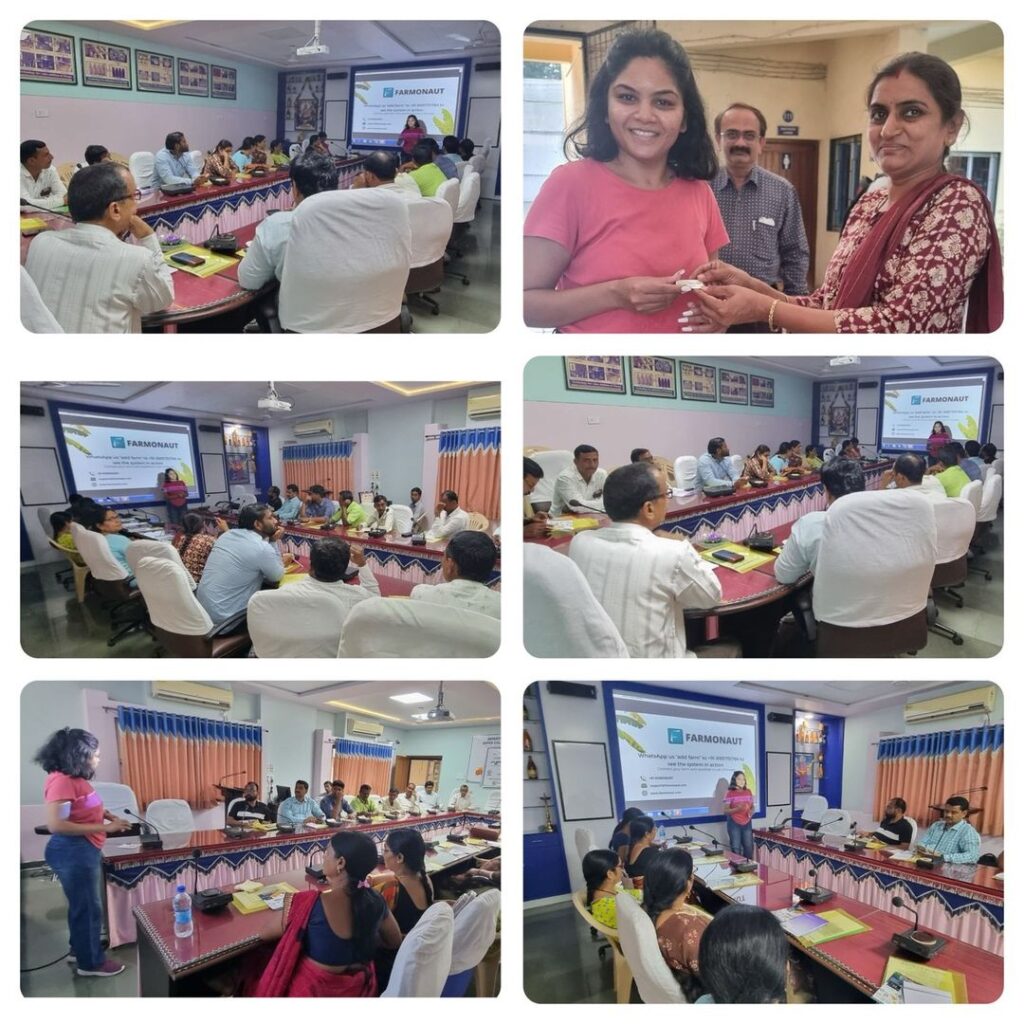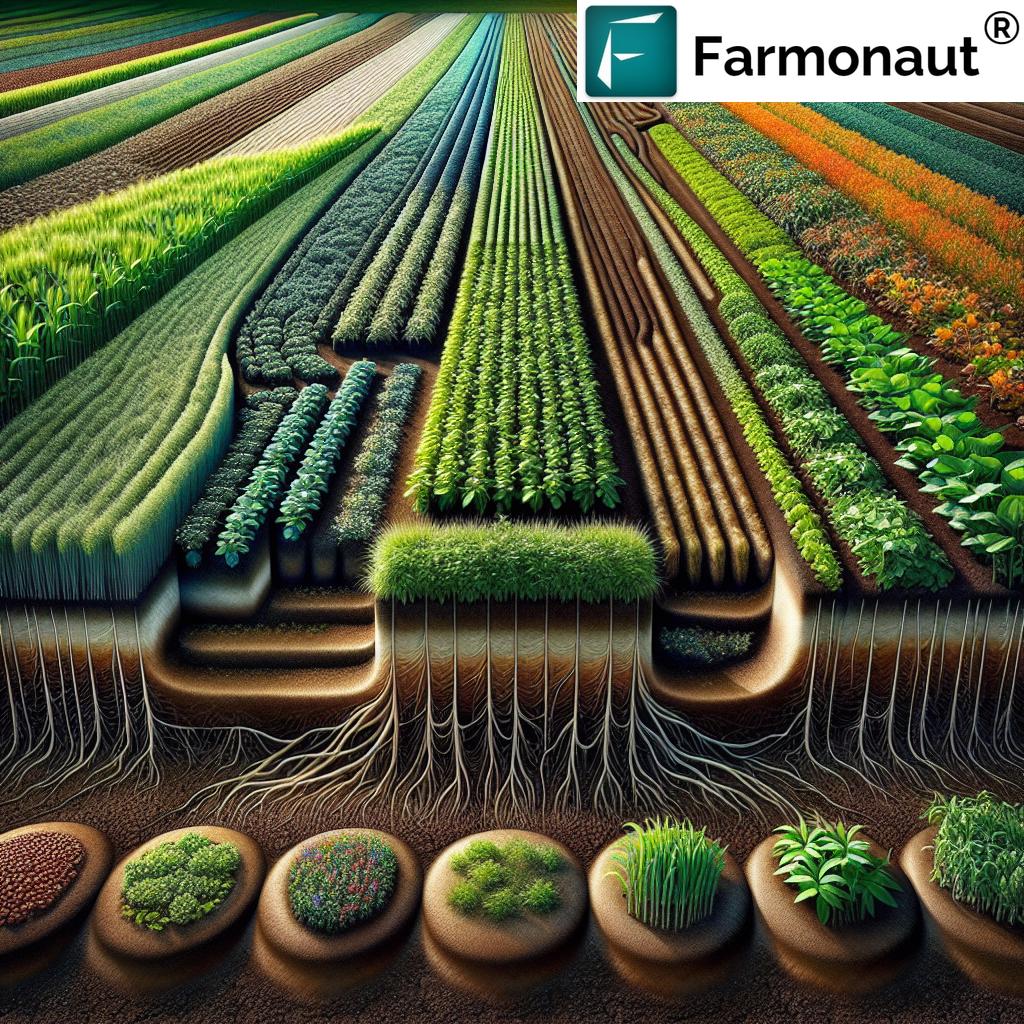Pig Farming Solutions 2025: Smart, Sustainable Agro Solutions
Meta Description: Explore pig farming solutions for 2025 focused on innovation, sustainability, smart technology, and efficiency in agricultural management, setting the standard for the future of pig farming.
“By 2025, smart pig farming solutions can increase feed efficiency by up to 20% using precision technology.”
“Precision farming technologies are projected to reduce pig farming resource waste by 30% in the next year.”
Introduction: Transforming Pig Farming Solutions for 2025 and Beyond
Pig farming solutions are entering a new era in 2025, driven by smart technologies, sustainability, and precision-driven management. This blog explores how global shifts—ranging from climate change and technological advances to evolving consumer demands—are transforming every aspect of pig production.
The world’s agricultural sector faces mounting pressure: resource scarcity, rising populations, and the critical need for environmental responsibility. As one of the primary sources of protein and economic livelihood for millions, pig farming remains a cornerstone of rural economies. Yet it’s innovation—across management, waste systems, genetic selection, smart farm technologies, and digital platforms—that ensures the industry’s continued resilience and growth in 2025 and beyond.
The Global Landscape of Pig Farming Solutions
Today, pig farming solutions reflect both modern technological advances and a growing commitment to sustainability. Farmers adapt to the challenges posed by climate change, resource scarcity, and disease outbreaks by embracing innovative systems that integrate data, IoT (Internet of Things), and new management practices. Global initiatives support smarter, more sustainable farming at every level:
- Developed markets focus on automation, precision feeding, and climate-controlled housing.
- Emerging economies emphasize adaptable, cost-effective solutions such as integrated waste management and digital advisory platforms.
- Shared goals: All markets strive for animal health, efficiency, biosecurity, and reduced environmental impact.
As societies become more conscious of food safety and environmental responsibility, innovative pig farming solutions bridge the gap between tradition and technology, providing a roadmap for responsible growth.
Sustainable Pig Farming Practices in 2025
Sustainable pig farming solutions are more than just a trend—they are a necessity for the future of the industry. The shift to sustainable practices involves:
Integrated Waste Management: Turning Manure into Value
- Recycling manure into biofertilizers and biogas minimizes pollutants and generates renewable energy.
- These solutions lower costs, reduce environmental harm, and provide new income opportunities for farmers.
- Precision waste systems monitor inputs and outputs, ensuring optimal nutrient use and helping farmers comply with increasingly strict environmental regulations.
Feed Optimization: Doing More with Less
- Using precision farming and data analytics, farmers can optimize feed use, minimizing waste and lowering production costs.
- Smart feed increases conversion ratios—more pork produced per kilogram of feed.
- Automated feeding systems accurately deliver nutrients to the right pigs at the right time, reducing waste and enhancing animal health.
Genetic Selection and Breeding Advances
- Genomic technologies support the selection of disease-resistant pigs—a vital strategy for reducing antibiotics and improving overall animal health.
- Precision breeding enables farmers to achieve better growth rates, improved feed efficiency, and reduced susceptibility to diseases.
- These advances are pivotal for ensuring long-term sustainability and resilience amid unpredictable global conditions.
Embracing these practices reduces the environmental footprint, boosts profitability, and positions pig farmers at the forefront of responsible production in 2025.
Comparative Table: Pig Farming Technologies & Solutions (2025)
Harnessing Smart Farm Technology and Automation
Smart farm technology is revolutionizing pig farming in 2025 with solutions that automate processes, improve animal welfare, and drive efficiency. The rise of IoT and connected sensors allows farmers to gather real-time data on everything from feed intake to environmental conditions.
Key Smart Technologies for Pigs
- IoT Sensors: Placed in barns, pens, and water/feed systems, they track temperature, humidity, air quality, and animal movement, alerting farmers to anomalies within seconds.
- Automated Feeders: Deliver the exact required feed for each pig, tailored daily, minimizing over- or underfeeding and decreasing operational costs.
- Climate-Controlled Housing: Regulates ventilation, temperature, and lighting to optimize growth conditions and reduce mortality rates.
- Health Monitoring: Sensors monitor vital signs (activity, eating, growth), helping catch diseases early and improving overall pig health and welfare.
These technologies collect valuable data on performance and environmental parameters, empowering farmers to make data-driven decisions that directly improve productivity and profitability.
The Role of Farm Automation and Data Science
- Automation reduces manual labor, increases consistency, and lowers human error.
- With continuous monitoring, mortality rates decrease and overall farm management improves.
- Integrated management platforms enable remote oversight—perfect for scaling up operations or managing multiple farm sites.
Smart pig farming applications now extend to integrated mobile and web platforms, offering real-time notifications, health alerts, and production analytics directly to farmers.
Discover the power of **satellite-based crop monitoring** and data integration on Farmonaut’s Large Scale Farm Management Platform—enabling efficient oversight, boosting productivity, and supporting **smart decision-making** for pig, crop, and multi-enterprise farms.
Learn more about energy, sustainability, and responsible farming through Farmonaut’s Carbon Footprinting Product, helping farm businesses track and reduce their environmental impact.
Enhanced Biosecurity: Protecting Pig Health and Supply Chains
Recent global outbreaks like African Swine Fever (ASF) have made biosecurity a top priority in 2025. **Pig farming solutions** now deploy advanced sanitation technologies, controlled access systems, and cutting-edge detection tools to contain and prevent disease outbreaks.
Modern Biosecurity Measures
- Sanitation Technologies: Automated cleaning and disinfection systems reduce pathogen load in barns and housing facilities, minimizing disease transmission risks.
- Controlled Access: Secure entry systems—with biometric checks or coded keys—ensure only authorized personnel have access, reducing contamination risks.
- Early Disease Detection: AI-driven diagnostics and health sensors analyze animal behavior, temperature, and other parameters, flagging potential diseases in real time.
- Vaccines & Biotechnology: New vaccines developed through modern biotechnology offer extra layers of protection, and are tailored to emerging disease threats.
The combination of these innovations secures the supply chain and supports continuous pork production even in the face of global disruptions. Timely integration with veterinary services ensures rapid response and containment strategies for sudden outbreaks.
Integration with Digital Platforms: Data-Driven Advancements
In 2025, the integration of digital platforms is transforming how pig farmers manage, connect, and grow. These solutions link farming operations to the broader supply chain, offering benefits such as transparency, traceability, and better market access.
Advantages of Digital Integration
- Real-time Market Data: Farmers access up-to-date pricing, demand forecasts, and market entry points, ensuring better returns.
- Traceability and Transparency: Blockchain-backed platforms document animal origin, health history, and management practices, raising consumer trust and food safety standards. Discover more about traceability solutions from Farmonaut.
- Mobile Management Applications: These apps offer tailored management advice based on local and regional conditions, enhancing smallholder productivity and sustainability.
- Linking to Veterinary & Advisory Services: Farmers gain instant access to expert advice, disease alerts, and preventative health recommendations.
Integration with digital tools not only boosts day-to-day efficiency but also prepares pig farming for the needs and expectations of a connected, data-driven agricultural sector.
Go Digital: Tools and Apps for Every Farmer
For API integration or advanced data workflows, use Farmonaut’s solutions:
Farmonaut API Access |
Developer Documentation
“By 2025, smart pig farming solutions can increase feed efficiency by up to 20% using precision technology.”
“Precision farming technologies are projected to reduce pig farming resource waste by 30% in the next year.”
Aus Agro Farming Solutions: Leading Sustainable Innovation
Aus Agro Farming Solutions is recognized globally for its turnkey pig farming systems, integrating automated housing, precision feeding, and waste recycling into user-friendly packages. These models are designed for:
- Adaptability: Systems are scalable for different farm sizes, climate zones, and regulatory landscapes, supporting new entrants and established producers alike.
- Integration: Multiple modules (feeding, health monitoring, waste management) seamlessly connect within each farm, maximizing efficiency and sustainability.
- Empowerment: By lowering knowledge and investment barriers, aus agro farming solutions accelerate the adoption of advanced farming practices throughout emerging markets.
The result is a suite of pig farming systems that are sustainable, productive, and future-ready.
Environmental Impact and Responsible Farming Practices
The demands on pig farming in 2025 go beyond profitability—they encompass safeguarding the planet. Responsible solutions focus on:
- Reducing Waste and Pollutants: Integrated systems like waste-to-energy help recycle manure and organic byproducts, decreasing water and soil pollution.
- Generating Renewable Energy: Biogas technologies capture methane and convert it to usable energy, providing farms with a clean, affordable power source.
- Tracking and Lowering Carbon Footprint: Data-driven management tools, such as Farmonaut’s carbon footprinting, allow farms to measure, report, and improve their environmental performance.
- Sustainable Inputs: From optimized feed blends to renewable bedding and water-saving systems, farmers reduce reliance on non-renewable resources.
Environmentally conscious pig farming aligns with global sustainability goals and prepares agricultural businesses for changing regulations, consumer demands, and weather patterns.
Economic & Social Impact of 2025 Pig Farming Innovations
The widespread adoption of advanced pig farming solutions generates benefits that go beyond farming operations:
- Job Creation: More sophisticated systems require skilled operators, technicians, and technology specialists.
- Improved Income Streams: Sustainable waste management, renewable energy production, and higher productivity provide diversified and increased revenues.
- Boosts to Ancillary Industries: As pig farming modernizes, related sectors—such as feed supply, transportation, veterinary care, and digital services—also grow.
- Better Rural Development: Growth in pig farming supports rural infrastructure, public health, and local economies, contributing to community resilience.
Environmentally responsible practices also protect natural resources and foster healthier communities, aligning farming with global sustainability and development targets.
How We at Farmonaut Elevate Farming Solutions with Satellite Technology
At Farmonaut, we are committed to making advanced, satellite-powered solutions affordable and accessible to agricultural businesses worldwide. Our unique platform brings real-time, actionable intelligence directly to the heart of pig farming and related sectors by integrating cutting-edge technology with practical farm management needs.
Our Core Capabilities for Pig Farming and Beyond
- Satellite-Based Monitoring: We use high-resolution, multispectral satellite imagery to deliver insights on crop health, soil conditions, and even environmental changes affecting pig farming operations. Our tools support data-driven management—no expensive on-farm equipment required.
- AI-Powered Advisory: Our Jeevn AI system analyzes complex datasets, weather patterns, and resource use to recommend optimized feeding, waste management, and health protocols—empowering precision decisions for today’s smart animal production.
- Blockchain Traceability: We offer secure, end-to-end product traceability for pig farm outputs, ensuring origin, handling, and management practices are captured and accessible in transparent, immutable records.
- Fleet and Resource Management: From feed deliveries to livestock transport, our platform provides tools for logistics optimization—reducing costs, improving efficiency, and ensuring animal welfare during movements.
- Environmental Impact Monitoring: The Farmonaut platform enables continuous tracking of resource use (water, energy, and more) and carbon emissions, supporting compliance and helping farms improve their sustainability performance.
Our platform can be accessed on the web, Android, or iOS—see above for easy download and subscription buttons.
We also offer advanced tools for crop loan and insurance verification, and a comprehensive fleet management suite tailored for agriculture and beyond—visit our Fleet Management page for details. Our Crop Plantation and Forest Advisory service supports forestry and agroforestry stakeholders, connecting forestry solutions and fish farming solutions with data-driven success.
FAQ – Pig Farming Solutions 2025
What are pig farming solutions?
They are integrated systems, technologies, and best practices that optimize the health, growth, and sustainability of pig production. In 2025, this includes smart sensors, digital platforms, waste-to-energy converters, and advanced breeding techniques.
How does smart technology improve pig farming?
Smart technology enables continuous real-time monitoring, precise feeding, health tracking, and climate control, all powered by IoT, data analytics, and automation. This boosts efficiency, lowers costs, and improves animal welfare.
Why is sustainability important in pig farming?
Sustainability protects the environment, conserves resources, and ensures the long-term profitability and resilience of the industry. Solutions like waste recycling, energy generation, and precision feeding help pig farmers meet stricter environmental and market demands.
What is the adoption rate of innovative solutions?
By 2025, adoption rates for advanced solutions such as IoT sensors, automated feeding, and waste-to-energy systems are predicted to reach 40–60% in many developed markets, with rapid growth in emerging sectors as well.
How does Farmonaut support pig farming solutions?
We deliver affordable satellite-based monitoring, AI analytics, blockchain traceability, and advanced resource management—empowering farmers worldwide with actionable data for better management, sustainability, and profitability.
Can digital platforms integrate with other farming types?
Yes! Many solutions, including those offered by Farmonaut, support multi-enterprise management, covering pig, crop, fish, and forestry farming solutions in a single dashboard for efficiency and better resource allocation.
Conclusion: Pig Farming Solutions for a Resilient, Sustainable 2025 and Beyond
Pig farming solutions have evolved rapidly to meet the demands of a changing world. The future is defined by integration, sustainability, technology, and responsibility. Advanced waste management, precision feeding, digital traceability, and real-time monitoring position pig farming as a leader in agro-innovation, ensuring a vital source of protein and livelihood for millions.
Adopting these practices and technologies isn’t just smart farming—it’s essential farming for the 21st century. Through the right solutions, pig farmers can ensure growth, resilience, and environmental stewardship, now and into the future.
For advanced insights and sustainable management, get started with Farmonaut’s satellite-powered solutions for agriculture—accessible, affordable, and tailored for the future.
Farmonaut Subscription Information
Choose a Farmonaut subscription and unlock the power of real-time satellite analytics, AI-driven crop and livestock advisory, and blockchain-backed traceability for your farming operations. Our subscription model is flexible, secure, and supports farms of every size.




